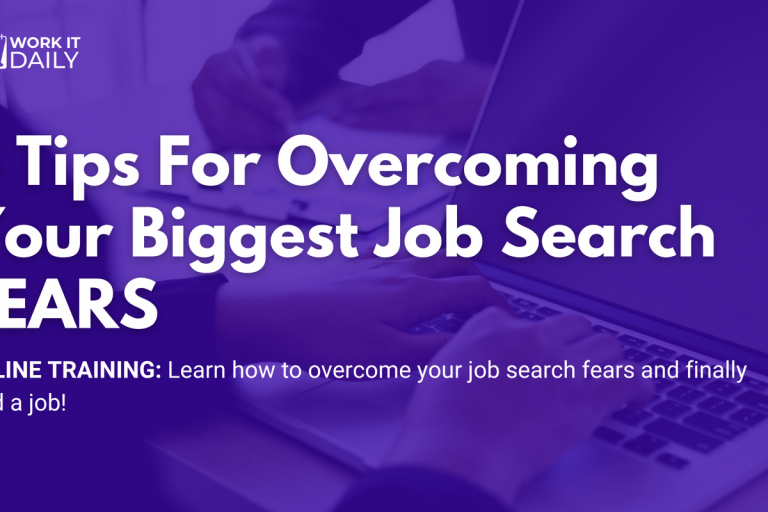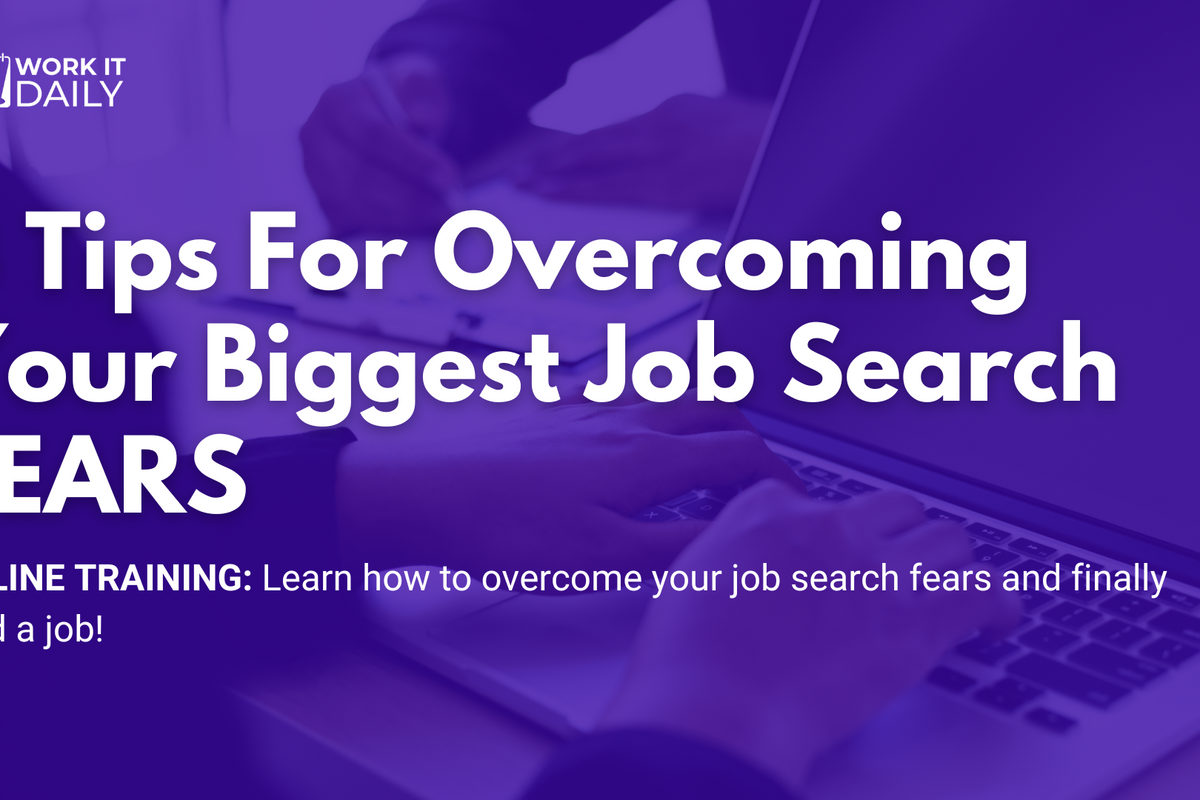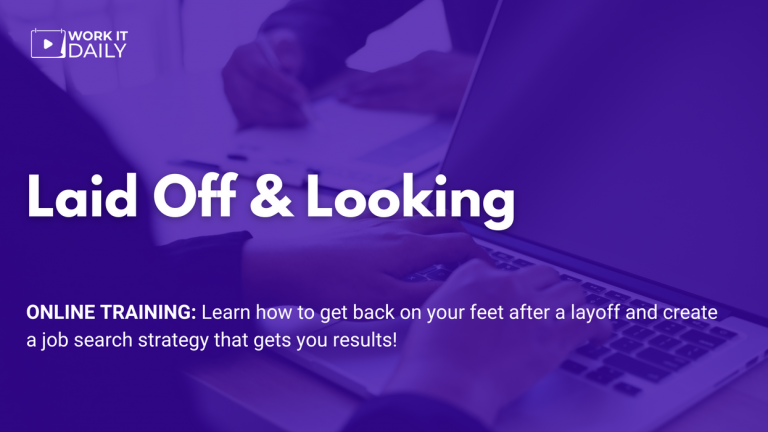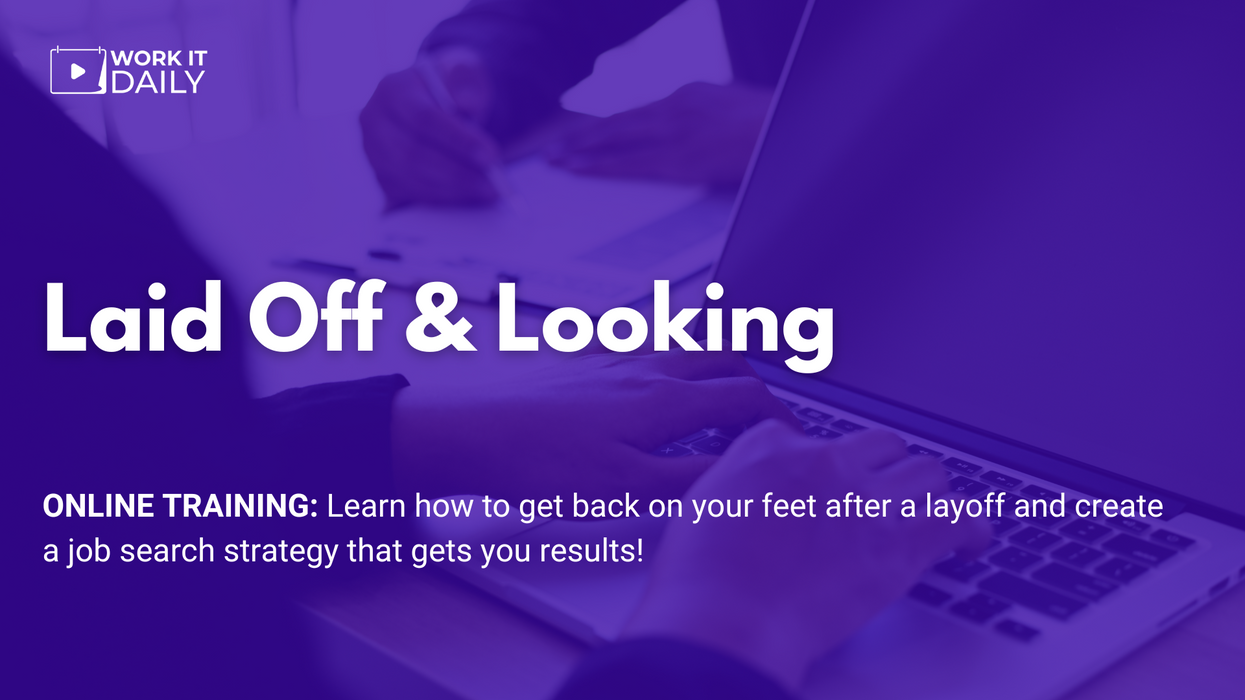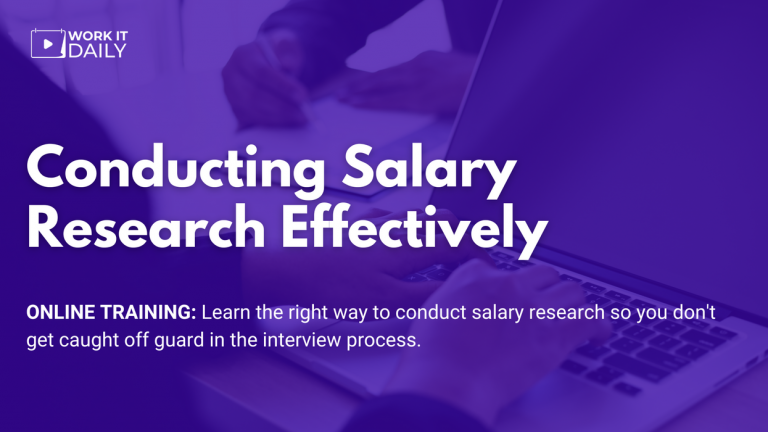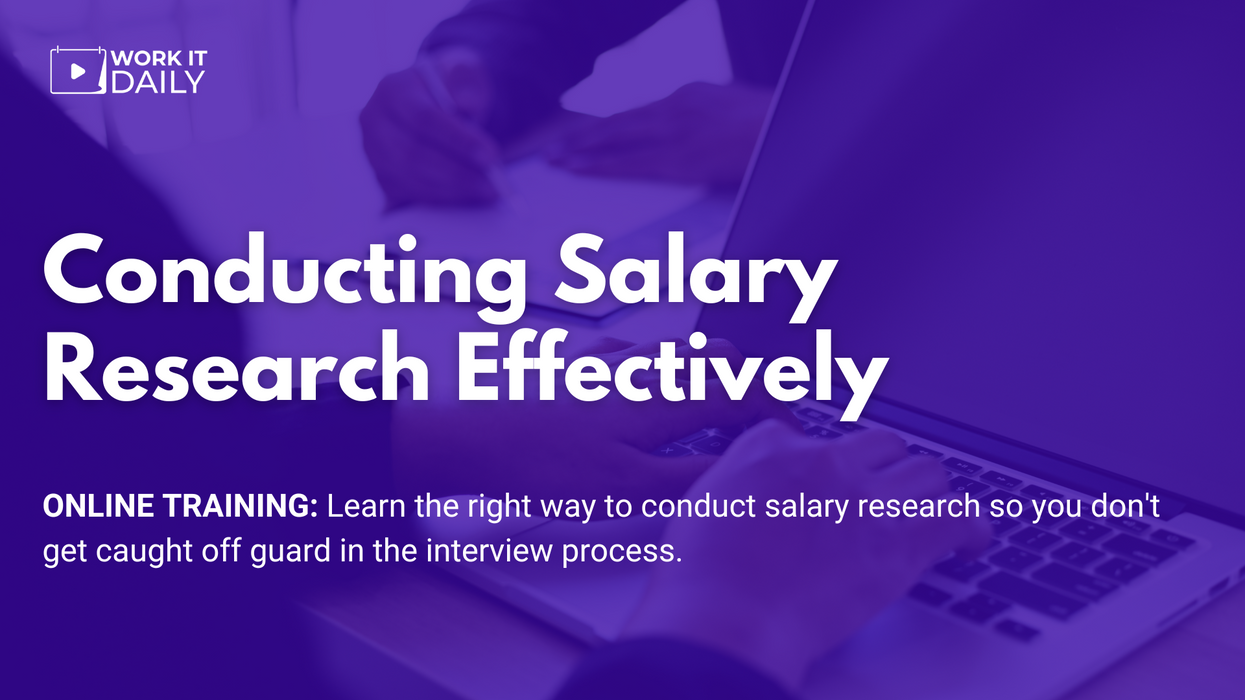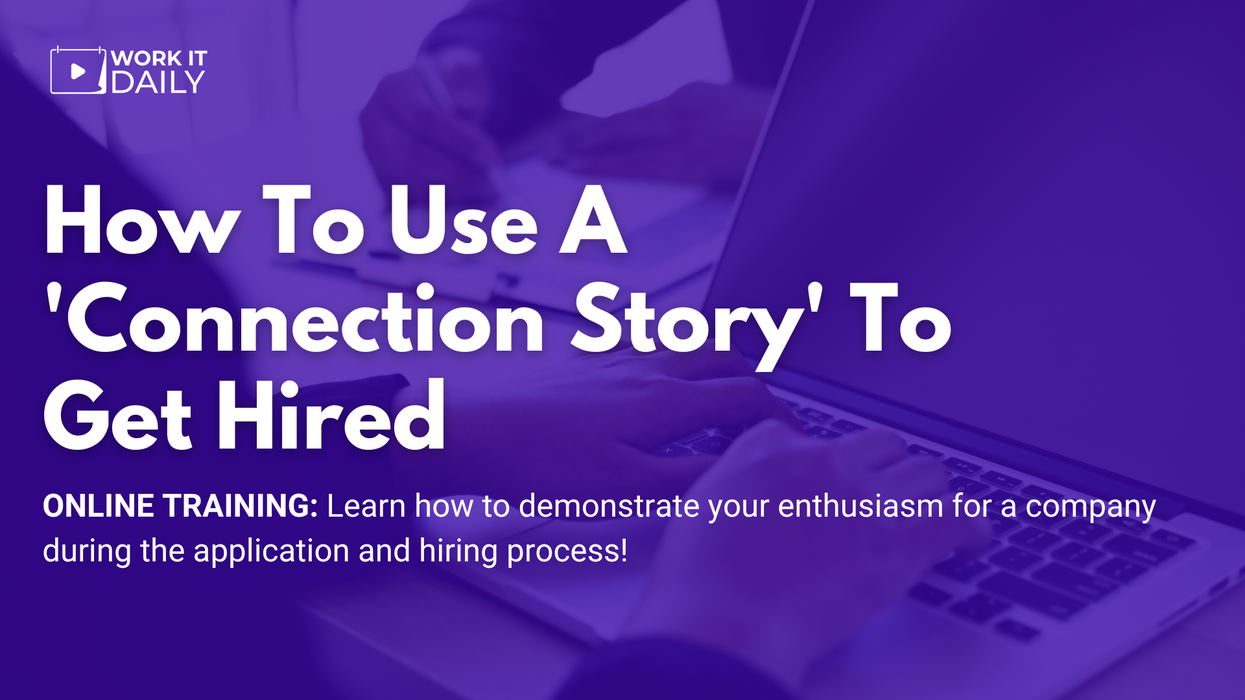How To Properly Quit Your Job

You’re ready to make a change in your career and have secured a new job (hopefully!). Now, it’s time to quit your current job.
First things first: Unless we’re talking about an extreme circumstance, you should never walk into your boss’ office and say “I quit!” That’s unprofessional and could have severe professional consequences in the future.
It’s important to maintain your personal brand as a hardworking professional. The way you end this career chapter is part of that brand.
Here’s how to be professional when you quit your job:
Give A Proper Notice
Since we’re talking about being professional, we should probably say “resign” instead of “quit.” If you do things right, you won’t leave the company high and dry. Instead, you’ll give your team proper notice so they can plan accordingly.
A proper notice of resignation is typically two weeks. Sometimes people are in a position to give a longer notice and sometimes people give a shorter notice, depending on the company policy and what you’ve negotiated for as part of your new job.
If you’re in a position where you have to give a shorter notice, such as one week, make sure to clearly explain the situation to your boss, apologize for the inconvenience, and ask if there’s anything extra you can do in your last week to help ease their transition.
Be Polite And Grateful

Resignations should always be done in person. That said, you’ll want to have a paper trail to cover your bases if anything happens, so be sure to email your boss your resignation letter immediately following your conversation.
Once you’re face-to-face with your boss, explain that you felt the time was right to make a change and you came across a new opportunity that you ultimately thought would be a better fit. Be humble and thank your boss for the opportunity to work with the company and wish your boss and company well.
In many ways, your conversation with your boss will mirror your resignation letter: short and to the point.
If you have concerns or complaints about the company, avoid airing them out during your resignation. Unless there’s a terrible reason for your leaving that could put others in harm’s way, don’t bring up your drama.
If your boss asks for feedback, keep it constructive, short, and to the point. If you can offer some minor feedback that may improve the company, then give it a try, but there’s no need to dissect every issue the company may have.
Finish The Job Strong

As legendary New England Patriots coach Bill Belichick would say, “Do your job!”
Just because you’re leaving the company doesn’t mean you should slack off. Continue to work hard and be fully engaged with the job until the very end.
It’s important to leave the job on a positive note because you want to have some professional references for future job searches.
In addition, former bosses and colleagues are great people to have in your professional network. You never know when a past professional connection could help you score a new job in the future.
Be Sure To Say Goodbye

The last day on the job is a good time to sew up future professional references and discuss ways to keep in touch with former co-workers. Some jobs require exit interviews. But if that’s not the case with your job, make an effort to visit your boss one last time.
It’s a good idea to again express gratitude for the opportunity to work at the company.
Leave on good terms with as many people as possible.
Positivity and professionalism are the keys to leaving any job. Jobs are temporary but the legacy you leave behind as an employee remains.
Whenever possible, you want to enter and leave each opportunity on a positive note because each experience tells a story about yourself as a professional.
With career changes happening more frequently now, it’s more important than ever to have a strong background of positive experiences with former employers. Follow the tips above to properly quit your job and leave on a good note.
Need more help with your career & job search?
We’d love it if you signed up for Work It Daily’s Event Subscription! Get your career questions answered in our next live event!
This article was originally published at an earlier date.





















